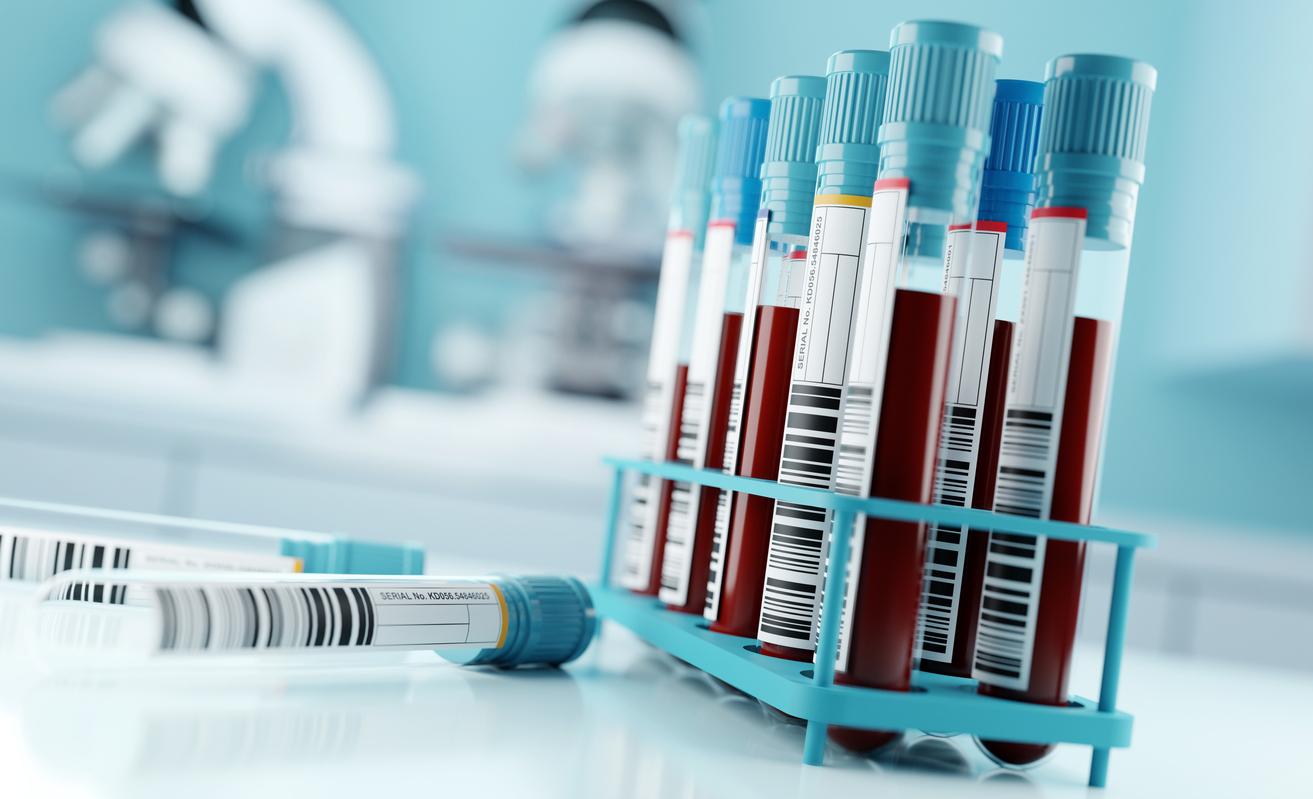Intermittent fasting increases levels of galectin-3, a protein linked to the inflammatory response.

- Intermittent fasting has become a very fashionable practice in a few years.
- It consists of eating during a specific time slot.
- Badly supervised, it can be dangerous for health.
According to a new study conducted by researchers at the Intermountain Healthcare Heart Institute in Salt Lake City, intermittent fasting helps fight inflammation.
67 patients studied
“Inflammation is associated with a higher risk of developing several chronic diseases, including diabetes and heart problems. We are encouraged to see that intermittent fasting prompts the body to fight inflammation and reduce these risks,” said Benjamin Horne, author of the study. His research involved 67 patients between the ages of 21 and 70 who all had at least one symptom of metabolic syndrome or type 2 diabetes. None of the participants were taking diabetes medications or statins, and all had high LDL cholesterol levels. .
Of the 67 patients studied, 36 had to follow intermittent fasting: for a month, twice a week, they drank only water for 24 hours. After this stage, they continued to fast once a week for 22 weeks. Fasts could not be performed on two consecutive days. The 31 other members of the cohort did not change anything, neither in their diet nor in their way of life.
Galectin-3
After 26 weeks, the researchers measured all participants’ galectin-3 and found that this protein linked to the inflammatory response was higher in the intermittent fasting group. They also observed lower levels of HOMA-IR (insulin resistance) and MSS (metabolic syndrome) in this group, which they believe may be similar to the effects of SGLT-2 inhibitors, a class drugs used to reduce high glucose levels in patients with type 2 diabetes.
“These findings shed light on an interesting mechanism that may help reduce the risk of heart failure and diabetes,” said Dr. Horne. Attention to finish: intermittent fasting should not be practiced anyhow. At the beginning, it is better to be accompanied by health professionals.

.

















